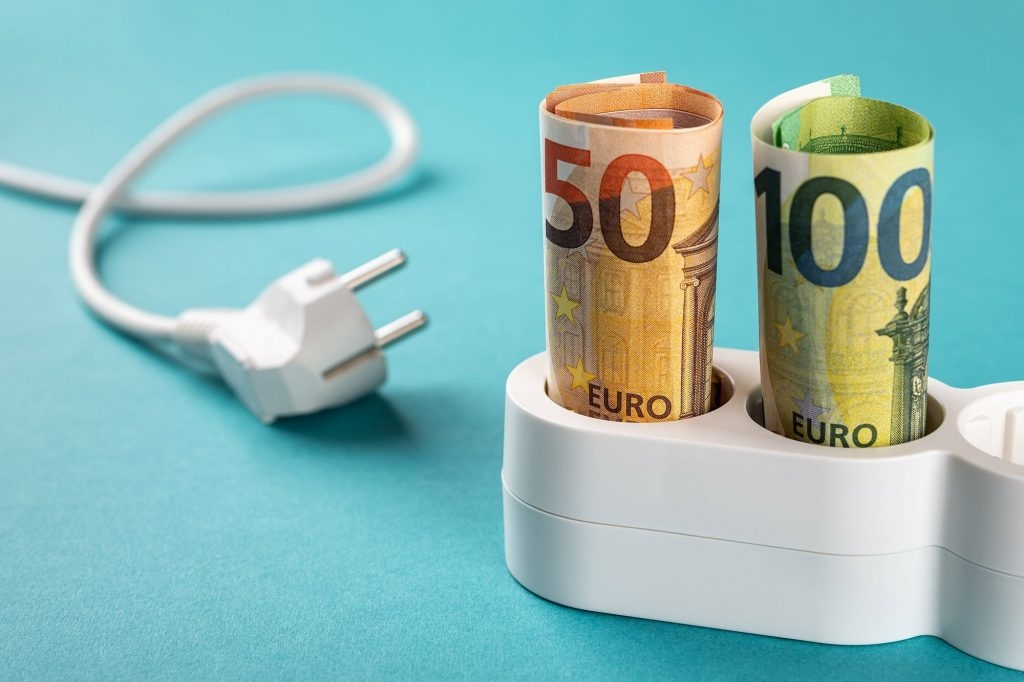Inflation in Greece stood at 3% in Sept. (down from 3.2% in Aug.), according to preliminary data from Eurostat. At the same time, the consumer price index in the Eurozone increased by 1.8% during the same month (down from 2.2% in Aug.), falling below the European Central Bank’s (ECB) target of 2%.
It is apparent that inflation in Greece continues unabated, with a monthly increase of 1.7%, followed by Portugal and Italy with 1.2%.
Regarding the main components of inflation in the Eurozone, services are expected to have the highest annual rate in Sep. (4.0%, down from 4.1% in Aug.), followed by food, alcohol, and tobacco (2.4%, up from 2.3% in Aug.), non-energy industrial goods (0.4%), unchanged compared to Aug., and energy (-6.0%, down from -3.0%) in Aug.
The core inflation rate, which excludes volatile energy and unprocessed food prices, was 2.7% in the Eurozone in Sept., down from 2.8% in Aug.
In Germany, the Harmonized Consumer Price Index (HCPI) fell to 1.8% in Sept., lower than expected, according to preliminary data from the country’s statistical agency, Destatis. The last time inflation in Germany was below the ECB’s 2% target was in February 2021.
Finally, inflation also dropped below the ECB’s 2% target in France and Spain, reinforcing the possibility that the ECB may accelerate the pace of interest rate cuts.




